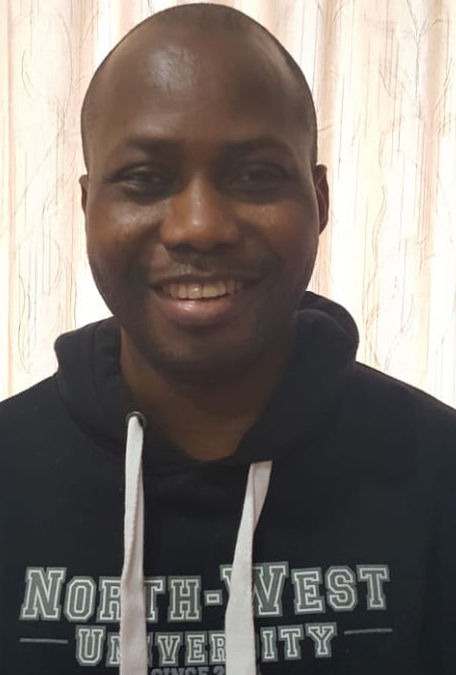Africa has abundant flora that can be used for food and medicine, and a young botanist at the North-West University (NWU) and his collaborating researchers are determined to ensure that communities themselves benefit from the rich plant life around them.
Associate professor Oladapo Aremu of the Indigenous Knowledge Systems Centre in the Faculty of Natural and Agricultural Sciences at the NWU, says the scientific ecosystem needs to be relevant to current national needs if research is to truly have an impact on the lives of communities. To achieve this, there needs to be a level playing field, with coordination, cooperation and co-management of resources at the core.
Prof Aremu collaborated with two of his peers – Dr Tozama Qwebani-Ogunleye from the Vaal University of Technology, and Prof Pradeep Kumar from the University of Witwatersrand – on a scientific paper advocating for the remodelling of research agendas. This remodelling entails applying the research to the direct benefit of communities by prioritising outcomes.
The paper was selected by the respected online journal Nature Review Chemistry (with an impact factor of 34,035) for publication in March.
It was a great honour for Prof Aremu that his research was acknowledged in this way. As a member of the South African Young Academy of Science (SAYAS), he is passionate about botany research. He believes that research in this field must be supported specifically by the indigenous knowledge of the communities where the research is done and must be to their benefit.
This paper is a result of Prof Aremu and his research collaborators investigating the situation in communities in the two years since the Covid-19 pandemic started.
“We looked at the challenges facing communities and how they coped in the testing times by engaging with them. Based on discussions and our experiences, we concluded that researchers need to set clear priorities in moving forward. It is important to demonstrate collective leadership, as well as responsible collaboration, in order to ensure that our research actually benefits the communities that we are researching.”
To read the full paper, visit https://www.nature.com/articles/s41570-022-00381-x.
The power of plants
“My research in general entails the documentation, preservation and promotion of indigenous knowledge. As a botanist, I focus on plants by researching their safety for use and biological efficacy, as well as their conservation and economic potential,” says Prof Aremu.
Prof Aremu, an alumnus of the University of KwaZulu-Natal, joined the NWU in 2017. He initially dreamed of becoming a medical doctor but soon changed his focus to the rich botanical biodiversity that Africa, and particularly South Africa, has to offer.
“Africa is well-endowed with different plants that can be used not only as food but also as medicine. In most instances, plants constitute a significant portion of the drugs that are used in treating ailments. I believe by accessing the power of plants we can truly be self-sufficient and uplift communities.”
The future is collaboration and hard work
Prof Aremu has been a prolific researcher who is currently involved in various research projects. Based on his research output, he has been selected as a member of the Global Young Academy ― the only researcher from southern Africa to receive this honour in 2022. He is also the current vice-president of the South African Association of Botanists – the apex professional body for botanists in South Africa.
“As a young researcher, I am aware that the research landscape in South Africa is becoming very competitive. I believe that researchers should be collaborators rather than competitors. We all have the same aim and therefore should try to solve our communities’ and the world’s problems together,” he says.
His commitment to collaboration is an important building block of his membership of the SAYAS and as a young affiliate of the African Academy of Sciences. It is also why he actively promotes other young researchers and mentors’ students.
“My message to the students is that there is no shortcut to avoid hard work. If you want to be a good researcher, you must invest time in what you are doing. Spend sufficient time in the field and labs and be genuinely interested. Without passion and hard work, you may not find joy in what you are doing and joy is the cornerstone of fulfilment,” he adds.
Prof Aremu’s next research projects are focused on North West. “When it comes to research, this province seems to be very neglected. There is such a vast amount of indigenous knowledge available in the area. I have now started looking at the plants that are used locally as medicine, among other things for skin diseases, the well-being of children and the improvement of agricultural activities, including livestock (ethnoveterinary practices).”

Prof Oladapo Aremu
